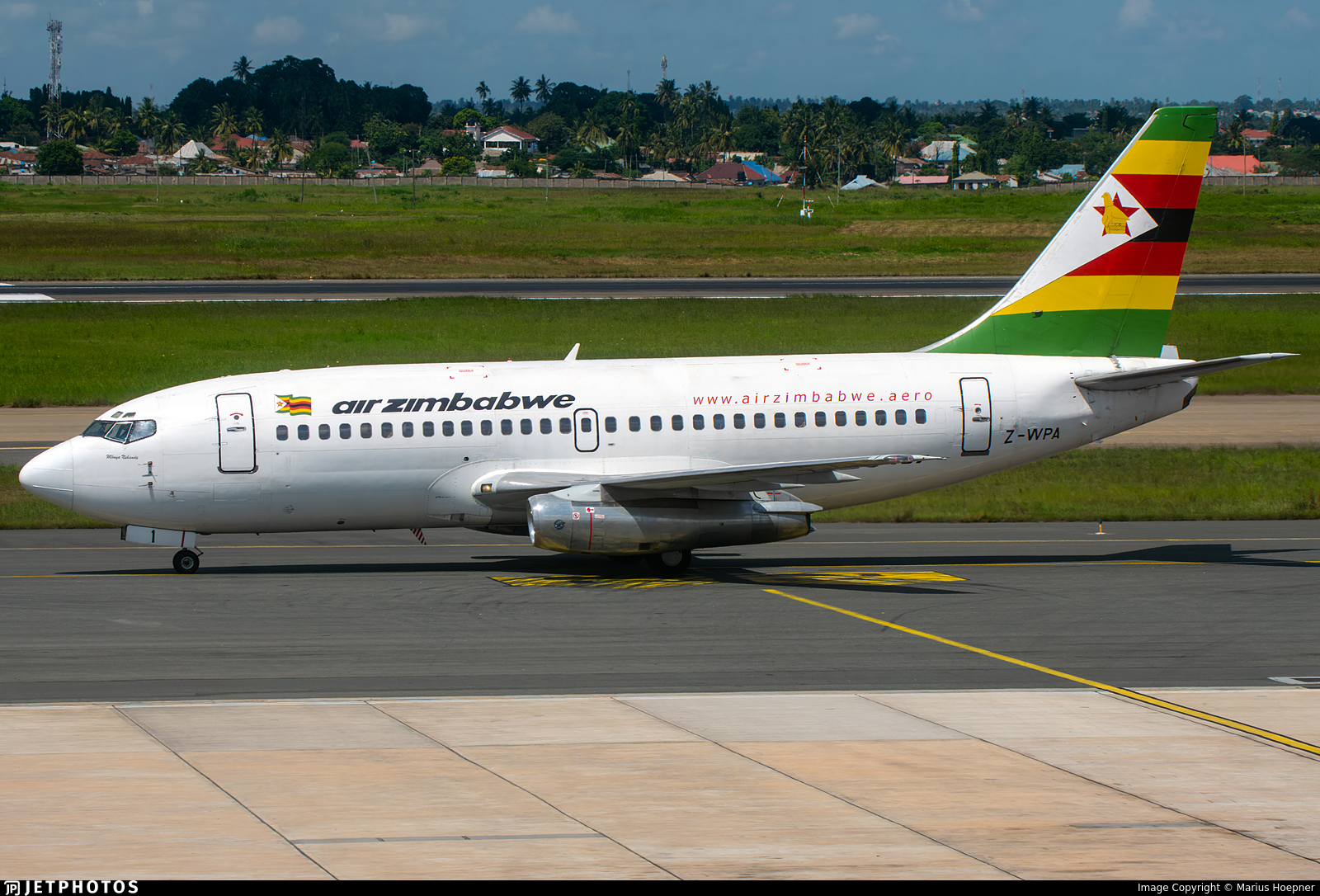When Operations Meet Unexpected Challenges: Air Zimbabwe’s Dilemma
Air Zimbabwe recently found itself embroiled in a significant legal dispute with Jetex (Pvt) Ltd due to the unforeseen stranding of one of its aircraft and crew in the Democratic Republic of Congo (DRC). The incident unfolded after an Air Zimbabwe Boeing 767-200ER was wet-leased to Mont Gabaon Airlines, a fledgling DRC-based airline, only to be grounded in Goma amid escalating regional instability.
This grounding lasted a staggering 17 days, leaving the plane and its 14-member crew stuck in a volatile environment. Jetex (Pvt) Ltd stepped in to cover numerous essential costs during this period, including crew food, accommodation, ground handling, maintenance, and other logistics, with the expectation that Air Zimbabwe would reimburse these expenses. However, after the aircraft’s eventual return, the company had yet to receive payment and has since initiated legal proceedings to recover a total of USD 210,000.
Financial and Operational Implications of Cross-Border Aviation
This case sheds light on the complexities and risks tied to cross-border aviation operations, especially in regions where security can shift rapidly. The DRC’s challenging conditions serve as a backdrop emphasizing how vital robust risk assessment and contingency planning are for airlines engaging in wet-lease agreements or regional partnerships.
African carriers often operate in environments marked by financial fragility and operational uncertainty. Air Zimbabwe’s predicament exemplifies struggles such as limited capital, high operating costs, and vulnerability to external shocks that many in the region commonly face. From an operational viewpoint, unexpected incidents like these cause significant disruptions in scheduling, crew management, and cost efficiencies.
Key Takeaways for African Aviation Risk Management
Clear Contracts and Defined Responsibilities
One of the primary lessons is the necessity for clear and thorough contractual agreements when entering into wet-lease or charter deals. Defining obligations and procedures for unforeseen circumstances can pave the way for smoother dispute resolutions and reduce financial exposure.
Importance of Local Partnerships
The role of local service providers cannot be overstated. Jetex’s prompt assistance by managing essentials like lodging and maintenance was crucial for crew welfare. Establishing strong and reliable ties with local operators across diverse regions can enhance an airline’s resilience and crisis response capabilities substantially.
Insurance and Customized Risk Solutions
Given the unpredictable airline environment across Africa, insurance tailored to specific regional risks is invaluable. Comprehensive risk management—including specialized insurance, contingency protocols, and staff training—will be key to sustaining growth and operational competitiveness in the future.
| Risk Factor | Description | Mitigation Strategy |
|---|---|---|
| Regional Instability | Environmental or political disruptions causing sudden operational halts | Robust contractual clauses and contingency plans |
| Financial Exposure | Accrued costs in crisis situations without guaranteed reimbursement | Pre-agreed financial responsibility and reliable insurance schemes |
| Operational Disruption | Stranding of aircraft and crew impacts schedules and customer trust | Local partnerships and crisis management readiness |
Impacts on Future Regional Aviation Partnerships
This legal dispute is likely to prompt a deep dive into wet-lease practices and cross-border operational agreements across Africa. As airlines look to expand by sharing fleets and forming partnerships, reinforcing solid legal frameworks and effective dispute resolution tools will become increasingly essential.
Beyond the legal and financial dimensions, this situation encourages the African aviation sector to see risk management as a central pillar for future development—balancing ambition with practical safeguards to enhance sustainability and reliability.
Bridging the Gap to Safer, Smarter Aviation Practices
For aviation professionals, the Air Zimbabwe case serves as a catalyst for broader conversations on best practices, covering everything from contractual oversight to operational safety. Lessons learned here could reshape how African airlines handle emergencies and foster a culture of preparedness amid ever-changing conditions.
Summary and Final Thoughts
The grounding of Air Zimbabwe’s Boeing 767-200ER in the DRC and the subsequent financial dispute with Jetex highlight critical vulnerabilities in managing risks tied to regional aviation operations. Clear contracts, strong local partnerships, and tailored insurance solutions emerge as pillars for reducing exposure and strengthening resilience. Across Africa’s dynamic aviation landscape, these lessons underscore the need for careful planning and proactive risk management to navigate complex environments successfully.
The story also reflects broader challenges faced by airlines in balancing operational costs, security risks, and contractual obligations in fast-changing situations. For passengers and logistics providers alike, understanding such factors adds another layer to appreciating the complexities behind the services—from airport transfers to long-haul flights—that make seamless travel possible.
Even the best reviews and honest feedback can rarely substitute firsthand experience. On LocalsRide, travelers can easily hire cars with drivers from verified providers worldwide, benefiting from transparent pricing, extensive vehicle options, and reliable service. With competitive fares and detailed vehicle info—down to make, model, and driver ratings—users gain peace of mind and the power to book exactly what suits their route, be it a local taxi or airport transfer.
Start planning your next adventure and secure your worldwide transfer with LocalsRide. Book your Ride on LocalsRide.com for a smooth, transparent, and tailored travel experience.

